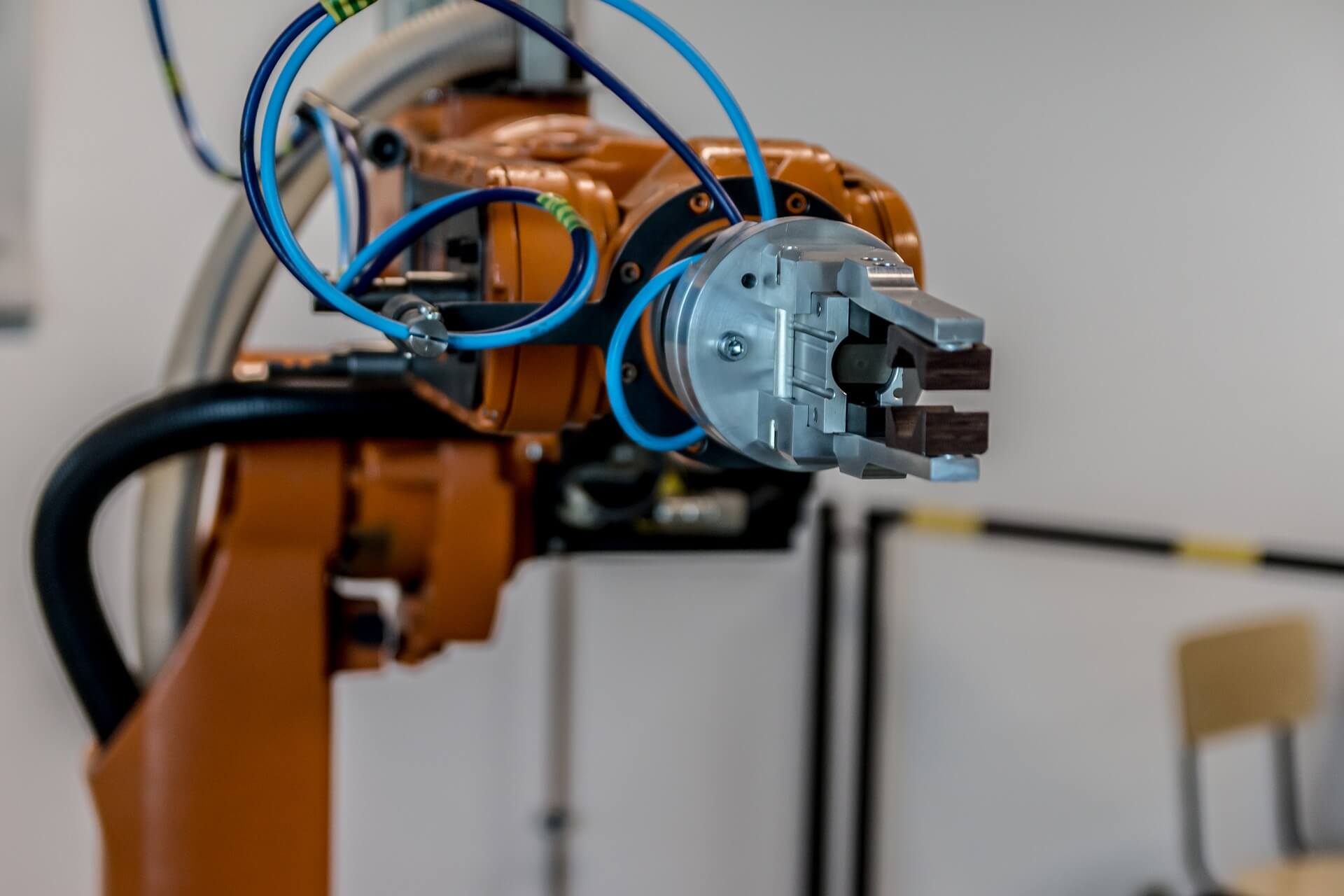
Your business will be dealing with an always online economy that’s used to automation and continuous learning. Are you prepared? | Source: Pexels
Trends that will transform your business by 2030
FUJITSU surveyed 1,400 global business leaders and did some research in partnership with Trajectory to learn how today’s technology-driven changes would transform the world by 2030.
Their efforts revealed some interesting observations and trends that will impact your business as the world around you slowly changes.
An overwhelming 84 percent of business leaders feel that a co-ordinated global response is needed in order to positively shape the changes that are being driven by technology advancements. A half of the respondents believe that this response should be led by intergovernmental bodies.
Fujitsu’s research work, titled Timeline 2030, outlines a positive outlook and a negative scenario based on the choices made by business, government leaders, societies, and individuals between now and then.
“Rapid technological change is causing enormous shockwaves, and its disruptive impact on the world of business is already being seen,” said Duncan Tait, Corporate Executive Officer, SEVP and Head of Americas and EMEIA at Fujitsu.
Responding to change: what should you do?

Focus on training your staff to keep up with the trends | Source: Pixabay
Business leaders feel that the solution doesn’t have to be very complicated. In the order of priorities, here’s what you need to focus on:
Upskilling your current workforce, influence the education curriculum of future recruits, invest in building your organization’s technology infrastructure, and collaborate with technology specialists.
Fujitsu's @DuncanATait at #Davos2018 explains why collaboration is vital to shaping a future where technology works for everyone. https://t.co/0g1KmnkJVJ
— Fujitsu Caribbean (@Fujitsu_Carib) January 31, 2018
The most profound changes in the next 15 years that will significantly impact the world are the online economy, automation, and the ageing population. And although several business leaders align with these thoughts, not much action is being taken.
Over half the business leaders surveyed admitted that they are not doing enough to prepare their businesses for the level of change anticipated.
Just under half are investing in innovation and 44 percent are working on a plan to upskill their existing employees. Only 28 percent of businesses are making changes to their strategy to account for technological changes.
Key trends that will transform the world:

Automation is one of the top trends shaping the world around you | Source: Pexels
Here are the key trends that Fujitsu believes businesses must take note of in order to prepare for the future.
- Automation – technology developments combine to reshape work and economies
- The World Online – more than 70 percent of the world’s population have internet access
- Ageing – global population reaches more than 8.5 billion, with one in eight people over 65
- Urbanization – almost two-thirds of the world’s population live in towns and cities
- Globalization – driven by emerging markets, globalized economic systems dominate
- Perpetual learning – pace of change and longer working lives drive constant training
- Digital citizenship – public services increasing digitised to maximise efficiency
- Flexibility – consumer technology adds unprecedented flexibility to daily lives
- Internet regulation – governments exert more control, and multi-tiered access is the norm
- Food for all – little progress on sustainability, with food systems under huge pressure
“But there’s another side to the story – the human one – as technology begins to fundamentally change our lives, at home and at work. We have already seen some of the early implications of technological change, from rapidly making traditional skills out-dated to even undermining faith in traditional institutions. We must acknowledge and engage with the challenges that this presents, as well as the opportunities. Otherwise, technology may very well leave people behind,” reminded Fujitsu’s Tait.
READ MORE
- The criticality of endpoint management in cybersecurity and operations
- Ethical AI: The renewed importance of safeguarding data and customer privacy in Generative AI applications
- How Japan balances AI-driven opportunities with cybersecurity needs
- Deploying SASE: Benchmarking your approach
- Insurance everywhere all at once: the digital transformation of the APAC insurance industry






